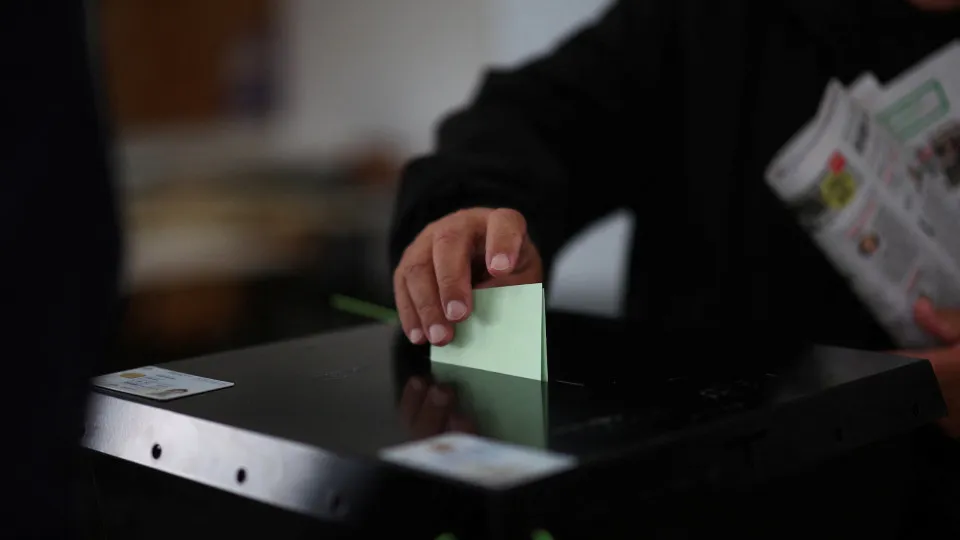
The strategic defense investment plan forms the tenth priority axis of the Transformative Agenda, as included in the program submitted to parliament today. This chapter concentrates “the central objectives of the mandate” of the second PSD/CDS-PP executive led by Luís Montenegro.
The Prime Minister previously indicated in his inaugural speech on June 5 that Portugal aims to accelerate its defense investment to reach 2% of GDP by 2029, potentially achieving this goal this year. The program emphasizes this commitment as the leading measure in the defense sector reinforcement plan.
The document outlines the goal to “reach 2% of GDP in national defense investment already by 2025, ahead of the 2029 target, with 20% of the investment allocated to goods, infrastructure, and equipment, in line with NATO commitments.”
While lacking specifics, the strategic reinforcement plan includes primary measures like “stimulating investments with dual-use potential, both military and civilian,” a path previously recommended by President Marcelo Rebelo de Sousa as a means for Portugal to meet NATO commitments. This approach suggests greater flexibility in counting defense budget allocations.
In the chapter dedicated to National Defense, the program specifies two conditions to realize the 2% GDP target.
“Maintaining the national social state model and creating a favorable environment for the national security and defense industry, capable of having a multiplier effect on public investment through its ability to internally absorb expenditures in this area,” it states.
The plan highlights strengthening cyber defense capabilities to address potential threats and “a contingency strategy ensuring the supply and distribution of essential food items to the population during crises.”
Active support for the European Union’s enlargement, particularly involving Ukraine, Moldova, and the Western Balkans, along with Portugal’s bid for a non-permanent seat on the United Nations Security Council, are other priority measures.
The defense chapter also aims to reverse the declining recruitment levels in the Armed Forces, indicating that “new forms of voluntary recruitment” will be explored. It promises to “simplify and accelerate licensing processes and revise public procurement rules to ensure agile acquisition of military equipment.”
Additionally, the government seeks to secure “complementary financing mechanisms as needed to guarantee timely and necessary acquisitions for developing capacities specified in the Military Programming Law, also aligning with Portugal’s NATO commitments.”
In late April, the Prime Minister confirmed Portugal’s request in Brussels to activate a safeguard clause, exempting defense investments from being counted under European budgetary rules, particularly for deficit calculations, in the upcoming years.
Creating public-private partnerships in strategic National Defense areas, citing the OGMA model, is another supported measure to bolster the defense industry.
The executive also pledges to “address proven inefficiencies in utilizing built assets” within the Armed Forces by updating the Military Infrastructure Law and “addressing the shortage of military housing,” specifically by allocating Institute of Social Action for the Armed Forces (IASFA) assets to beneficiaries.
Commitments from the electoral program concerning former combatants are reiterated, with ongoing evaluations of “increasing the support provided to them.”
[Updated at 13:11]




